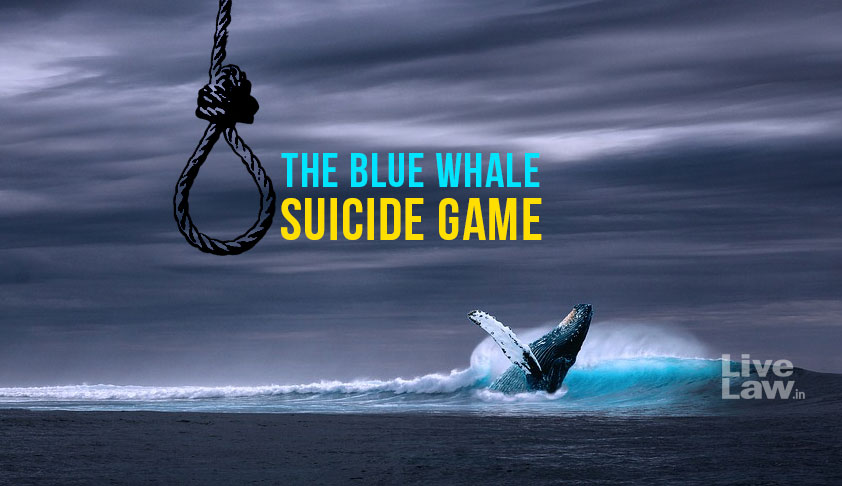Table of content:
In recent years, the internet has become an integral part of our lives, connecting people across the globe. However, alongside its numerous benefits, the online world harbors a dark side. One such example is the infamous Blue Whale Game, an online phenomenon that gained notoriety for its dangerous and manipulative nature. This article aims to shed light on the Blue Whale Game, exploring its origins, mechanics, and the concerning effects it had on vulnerable individuals.

Origins and mechanics:
The Blue Whale Game originated in Russia in 2013 and quickly spread to other parts of the world through social media and online forums. The game is named after the blue whale, which is known for its tendency to beach itself intentionally, often leading to its death. The Blue Whale Game operates on similar principles, targeting vulnerable individuals, particularly teenagers, who may be going through emotional distress.
The game is played over a period of 50 days, with each day presenting participants with a new challenge, usually involving self-harm or risky behavior. The challenges escalate in severity, manipulating players into performing dangerous acts such as carving shapes on their bodies or standing on the edge of tall buildings. The game's administrators, also known as "curators" or "whale keepers," closely monitor the participants' progress and exploit their psychological vulnerabilities to maintain control.

Impact and Consequences:
The Blue Whale Game's consequences were devastating, as several individuals tragically lost their lives as a result of their involvement. The game preyed on individuals who were already struggling with mental health issues, isolating them further from their loved ones and the support they desperately needed. The manipulative nature of the game exploited their vulnerability, fostering a toxic environment where self-destruction seemed like the only way out.
The game's impact extended beyond the immediate participants. It sparked fear and concern among parents, educators, and authorities worldwide, highlighting the urgent need for online safety measures. Governments and organizations took steps to raise awareness about the dangers of the Blue Whale Game and implement preventive measures to protect vulnerable individuals.
Addressing the Issue:
Combatting the Blue Whale Game requires a multi-faceted approach involving education, support systems, and digital regulation. Educational institutions play a crucial role in raising awareness about online dangers and promoting digital literacy among students. By educating young people about the risks associated with online manipulation and promoting mental health support, we can empower them to make informed decisions and seek help when needed.
Furthermore, governments and technology companies must collaborate to establish robust online safety protocols. This includes monitoring platforms and removing harmful content promptly, while also promoting positive and constructive online experiences. Encouraging reporting mechanisms and helpline services can ensure that individuals have a safe space to seek assistance if they encounter dangerous online activities.

The Blue Whale Game serves as a stark reminder of the potential dangers lurking in the online world. It stands as a testament to the manipulative power that individuals with malicious intentions can wield over vulnerable individuals. By raising awareness, educating, and implementing effective preventive measures, we can create a safer digital environment for everyone. It is our collective responsibility to protect vulnerable individuals from the perils of online manipulation and ensure that the internet remains a place of connection, learning, and growth rather than a breeding ground for harm.


You must be logged in to post a comment.